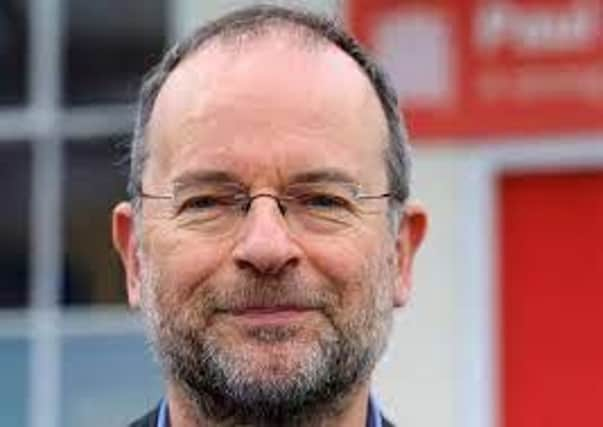This is how much health and social care tax hike will cost taxpayers in Sheffield


Boris Johnson set out plans for a new UK-wide 1.25 per cent health and social care levy based on National Insurance contributions, abandoning the Tories’ manifesto pledge not to raise the main rates of tax.
The Prime Minister said the extra money would help overhaul adult social care, ending what Downing Street described as ‘unpredictable and catastrophic’ care costs faced by many families, and raise £12 billion a year to deal with the Covid backlog in the NHS.
Advertisement
Hide AdAdvertisement
Hide AdMr Johnson acknowledged the new health and social care levy breached a Tory election commitment but told MPs ‘a global pandemic was in no-one’s manifesto’.
Sheffield Central MP Paul Blomfield claimed the Government had merely announced a levy and failed to set out any vision for how it would use the money raised to address the social care crisis.
One thing he said Mr Johnson’s statement had failed to address was the treatment of care home workers who were ‘underpaid, undervalued and under-supported’, with ‘significant investment’ needed to put them on a par with nurses.
He also said there was a ‘shocking’ lack of acknowledgement for the unpaid carers whose commitment to their loved ones is ‘propping up the failing system’ and who needed access to more respite care and an adequate carer’s allowance.
Advertisement
Hide AdAdvertisement
Hide AdHe questioned too the fairness of asking everyone to contribute through National Insurance for reforms which would do more to benefit the wealthiest in society.
"Everybody, including some of the lowest paid workers, is being asked to ensure that wealthy people with big homes don’t lose out, and that’s not fair,” he said.
"What we need is a comprehensive plan for social care, spelling out in detail how it’s going to be funded.
"For me, the funding has to land on those with the broadest shoulders to be fair. As it stands, it doesn’t and I can’t support these plans.”
Advertisement
Hide AdAdvertisement
Hide AdFrom October 2023, anyone with assets under £20,000 have their care costs fully covered by the state, while those with between £20,000 and £100,000 will be expected to contribute to their costs but will also receive state support.
No-one will have to pay more than £86,000 for care costs in their lifetime.
Initially, National Insurance contributions will increase by 1.25 per cent from April 2022 as systems are updated.
From 2023, the health and social care levy element will then be separated out and the exact amount employees pay will be visible on their pay slips.
Advertisement
Hide AdAdvertisement
Hide AdIt will be paid by all working adults, including those over the state pension age – unlike other National Insurance contributions.
Downing Street said that a typical basic rate taxpayer earning £24,100 would contribute £3.46 a week, while a higher rate taxpayer on £67,100 would pay £7.15 a week.
Mr Johnson said that no Conservative government ever wants to raise taxes but a global pandemic was in no one’s manifesto’.
Labour leader Sir Keir Starmer said a tax on wealth should be used to pay for an improved social care system, not one that would affect ‘young people, supermarket workers and nurses’ but leave a landlord renting out dozens of properties not having to pay a penny more.
